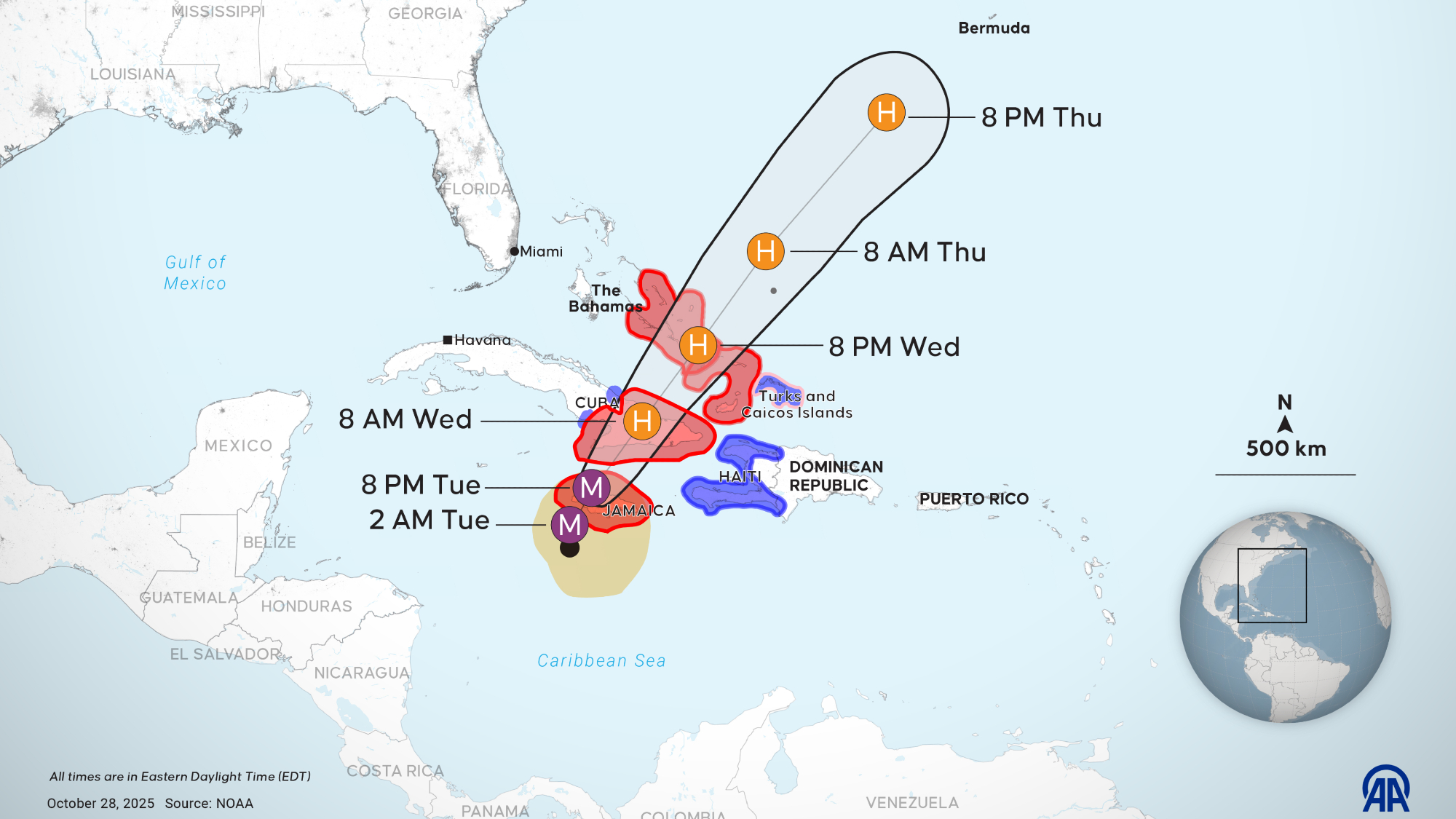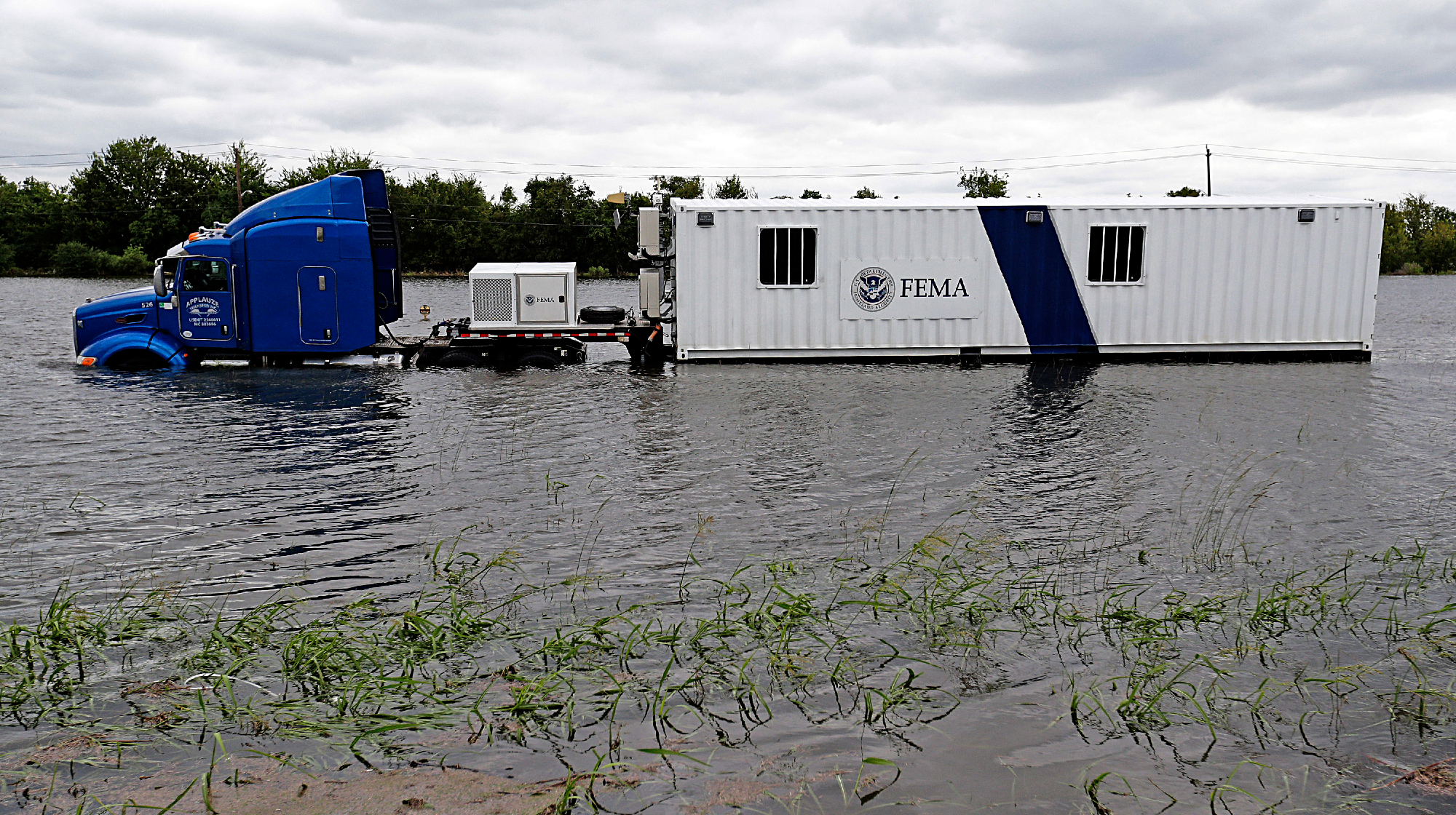As many as 276 more children could've been born if Flint's water weren't contaminated, study claims

A new study in the wake of the Flint, Michigan, water contamination crisis uncovered unsettling trends in fertility rates and fetal deaths during the time period the city was grappling with high levels of lead in its water supply. The working paper by West Virginia University's Daniel Grossman and University of Kansas' David Slusky concluded that "between 198 and 276 more children would have been born had Flint not enacted the switch in water."
Fetal deaths, when pregnancies last longer than 20 weeks but don't result in a live birth, rose 58 percent from April 2014 to 2016. Fertility rates dropped by 12 percent during that time period. "Either Flint residents were unable to conceive children, or women were having more miscarriages during this time," Slusky said.
The timing of these shifts is notable, as it was in 2014 when Flint's water was contaminated with dangerous levels of lead after the local government, under a state-appointed emergency manager, changed the city's water sources. The Centers for Disease Control and Prevention say that lead "can damage a developing baby's nervous system, causing miscarriages and stillbirths, as well as infertility in both men and women," USA Today reported.
The Week
Escape your echo chamber. Get the facts behind the news, plus analysis from multiple perspectives.

Sign up for The Week's Free Newsletters
From our morning news briefing to a weekly Good News Newsletter, get the best of The Week delivered directly to your inbox.
From our morning news briefing to a weekly Good News Newsletter, get the best of The Week delivered directly to your inbox.
The Michigan Department of Health and Human Services, however, concluded in July 2015 that there was no "evidence that indicates the water switch" affected fetal death rates.
A free daily email with the biggest news stories of the day – and the best features from TheWeek.com
-
 The rise of runcations
The rise of runcationsThe Week Recommends Lace up your running shoes and hit the trails on your next holiday
-
 Amorim follows Maresca out of Premier League after ‘awful’ season
Amorim follows Maresca out of Premier League after ‘awful’ seasonIn the Spotlight Manchester United head coach sacked after dismal results and outburst against leadership, echoing comments by Chelsea boss when he quit last week
-
 January’s books feature a revisioned classic, a homeschooler's memoir and a provocative thriller dramedy
January’s books feature a revisioned classic, a homeschooler's memoir and a provocative thriller dramedyThe Week Recommends This month’s new releases include ‘Call Me Ishmaelle’ by Xiaolu Guo, ‘Homeschooled: A Memoir’ by Stefan Merrill Block, ‘Anatomy of an Alibi’ by Ashley Elston and ‘Half His Age’ by Jennette McCurdy
-
 Death toll from Southeast Asia storms tops 1,000
Death toll from Southeast Asia storms tops 1,000speed read Catastrophic floods and landslides have struck Sri Lanka, Indonesia, Thailand and Malaysia
-
 Hurricane Melissa slams Jamaica as Category 5 storm
Hurricane Melissa slams Jamaica as Category 5 stormSpeed Read The year’s most powerful storm is also expected to be the strongest ever recorded in Jamaica
-
 Renewables top coal as Trump seeks reversal
Renewables top coal as Trump seeks reversalSpeed Read For the first time, renewable energy sources generated more power than coal, said a new report
-
 China vows first emissions cut, sidelining US
China vows first emissions cut, sidelining USSpeed Read The US, the world’s No. 2 emitter, did not attend the New York summit
-
 At least 800 dead in Afghanistan earthquake
At least 800 dead in Afghanistan earthquakespeed read A magnitude 6.0 earthquake hit a mountainous region of eastern Afghanistan
-
 Massive earthquake sends tsunami across Pacific
Massive earthquake sends tsunami across PacificSpeed Read Hundreds of thousands of people in Japan and Hawaii were told to evacuate to higher ground
-
 FEMA Urban Search and Rescue chief resigns
FEMA Urban Search and Rescue chief resignsSpeed Read Ken Pagurek has left the organization, citing 'chaos'
-
 Wildfires destroy historic Grand Canyon lodge
Wildfires destroy historic Grand Canyon lodgeSpeed Read Dozens of structures on the North Rim have succumbed to the Dragon Bravo Fire